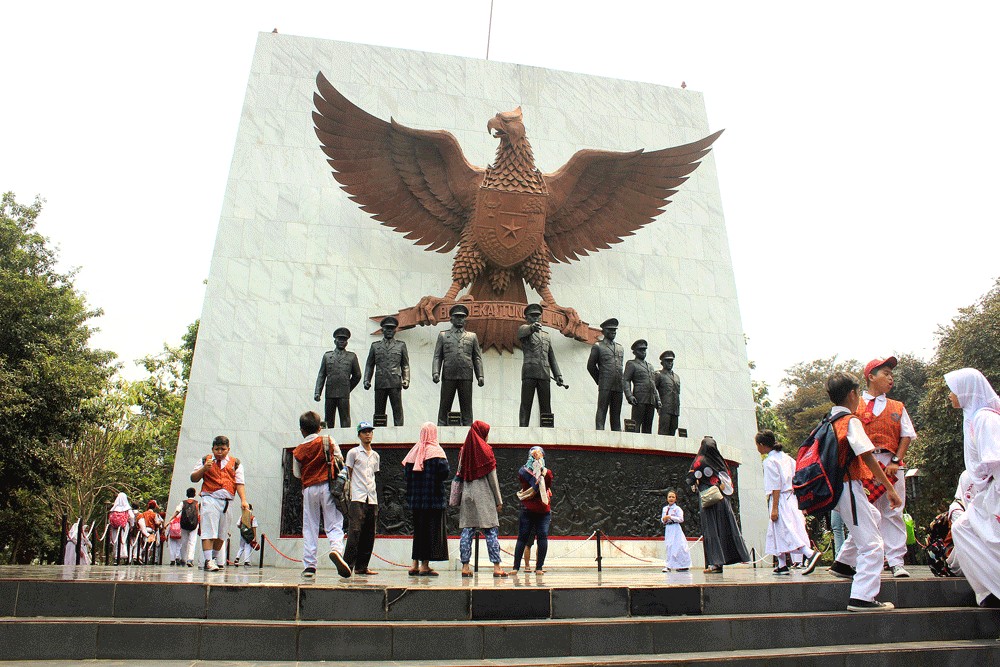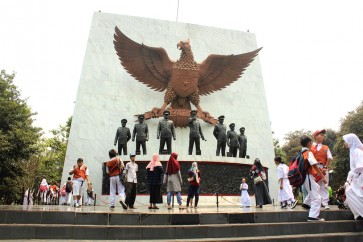Popular Reads
Top Results
Can't find what you're looking for?
View all search resultsPopular Reads
Top Results
Can't find what you're looking for?
View all search resultsPancasila in the digital age: Reclaiming Indonesia’s ethical compass
Pancasila acts as a moral guidance to make sure development serves humanity, unity honors diversity, and democracy is guided by wisdom.
Change text size
Gift Premium Articles
to Anyone
E
very Oct. 1, Indonesia commemorates Pancasila Sanctity Day. It marks the nation's resilience against ideological threats, particularly the 1965 coup attempt, and reaffirms Pancasila as the philosophical foundation of the Republic.
In the current context, this day invites a deeper question: Can Pancasila remain a living compass in the digital age, amid algorithmic fragmentation, moral fatigue and civic disorientation?
In an era where viral content often eclipses thoughtful dialogue, and where digital platforms shape public consciousness more than classrooms or pulpits, Pancasila faces a new kind of test. It is no longer challenged by overt ideological opposition, but by subtler forces: Disinformation, performative nationalism and the commodification of values.
Founding president Sukarno envisioned Pancasila as a philosophische grondslag, a philosophical ground that could unite a pluralistic archipelago. He did not see it as a rigid doctrine, but as a dynamic synthesis of Indonesia’s cultural, spiritual, and historical wisdom. In his 1959 speech, he declared, “Pancasila is the soul of Indonesia, born from the depths of our own history.”
Philosopher Driyarkara later deepened this view, describing Pancasila as “an ethical framework rooted in lived experience.” For him, Pancasila was not merely a political tool, but a moral horizon, an invitation to live together with dignity, justice and solidarity.
But in today’s digital landscape, the soul of Indonesia risks being drowned in noise. The ethical depth of Pancasila is often reduced to ceremonial slogans or politicized hashtags. Its transformative power is diluted by superficial engagement and performative allegiance.
Indonesia’s digital penetration is among the highest in Southeast Asia. Social media platforms have become primary arenas for political discourse, identity formation, and cultural expression. While this democratizes access, it also introduces new vulnerabilities:



















